Who speaks for the riders?
The formation of two riders’ unions on both the women’s and men’s sides of the sport could be about to change the shape of top level cycling. Paul Knott investigates further
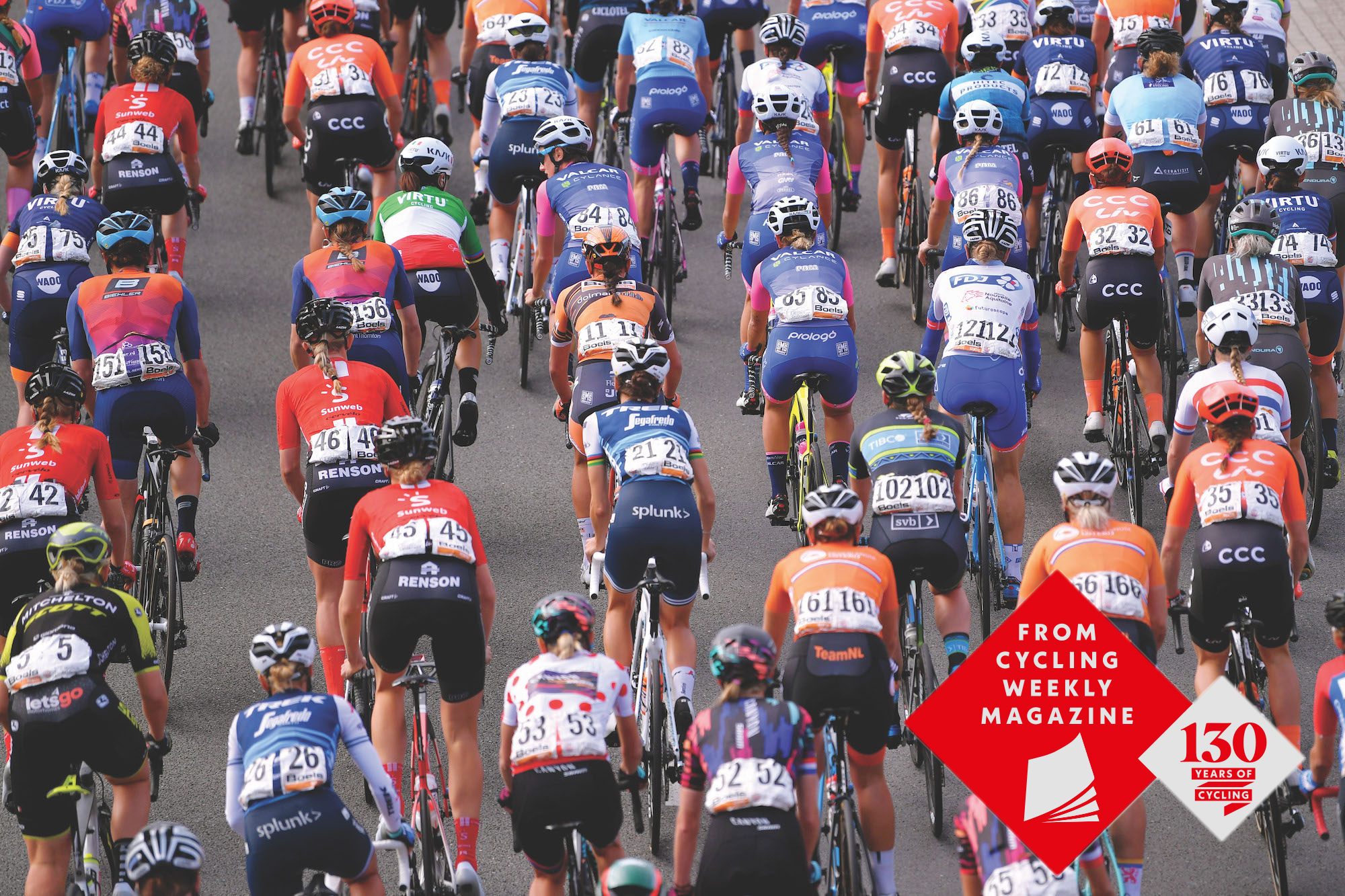
There aren’t many certainties in cycling, but if there is one it’s that the sport’s power brokers are only ever one step away from an argument about who gets paid, who has the power to decide things or simply what form the sport takes. Race organisers, national governing bodies, teams and even the UCI are in a fractious alliance, ready to crack as easily as a rusty old frame whenever the sport hits a bump in the road.
>>> Subscriptions deals for Cycling Weekly magazine
But throughout decades of wrangling over how the sport works, the loudest voices have rarely been those most central to the drama – the riders themselves. That means everything from safety to the way races are designed and raced has rarely had those pedalling the bikes at its heart. Part of the reason is the peloton has struggled to speak with a single voice. Unsurprisingly a global sport like cycling contains riders from a variety of economic backgrounds, cultures and countries who speak a plethora of different languages.
Add in the instability of employment inherent in the sport and consensus has often proved hard to find and someone to speak on it harder still.
Nominally the voice has been the Cyclistes Professionnels Associés (CPA). Since its formation in 1999 it has been working on behalf of professional cyclists, through their national rider associations, to have a say on improving everything from in-race safety conditions, to care outside of the race, transfers and hotel conditions.
However, it has faced growing criticism from pros – most prominently when it held its first contested presidential election in 2018, with big name riders including Geraint Thomas, Chris Froome and Tom Dumoulin all protesting a voting system that required them to travel to Austria, where the World Championships were being held. Others objected to being in a national bloc that could only vote as one.
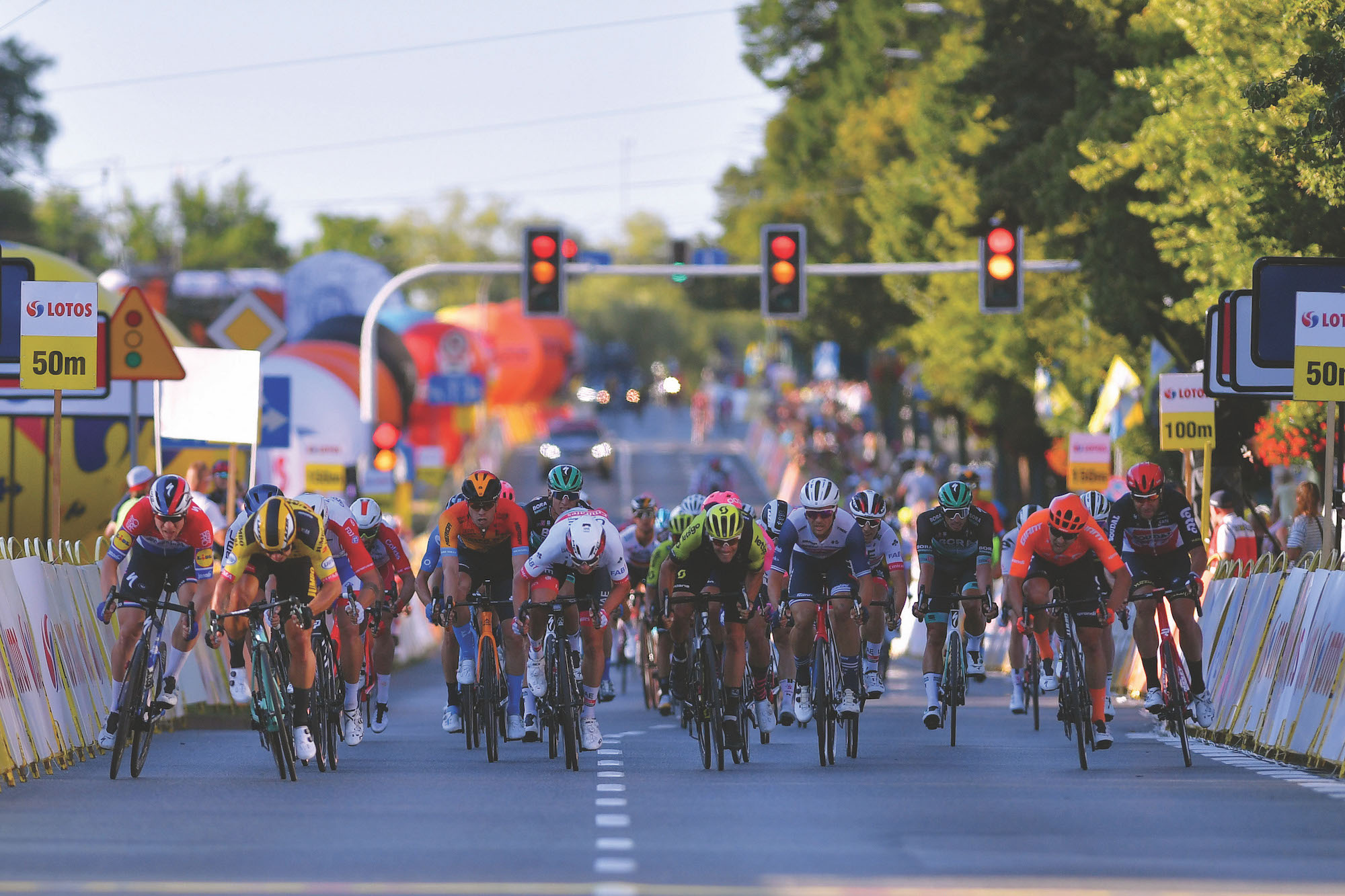
Sprinting safety is a foremost concern of the union
Rider safety dissatisfaction
In the last year it has also faced a chorus of dissatisfaction with a perceived lack of action on improving rider safety after a string of incidents including Fabio Jakobsen’s narrow escape from death in a crash at the Tour of Poland and poorly surfaced descents at the Tour de Wallonie. Michael Mørkøv (Deceuninck-Quick-Step) branded it a “worthless organisation” while Thomas De Gendt (Lotto-Soudal) has said he has “very little faith” in the CPA.
Get The Leadout Newsletter
The latest race content, interviews, features, reviews and expert buying guides, direct to your inbox!
“They shared a belief that the peloton wasn’t being well represented on an international level”
Now riders have taken matters into their own hands.
“The riders are instrumental in the whole picture,” says Luuc Eisenga, former rider-manager and CEO of the Riders Union, formed last November. “Within the current structure, riders felt not enough heard and seen, and therefore a movement started to make representations, better for riders and working around a mantra that we have, which is called One Rider, One Vote.”
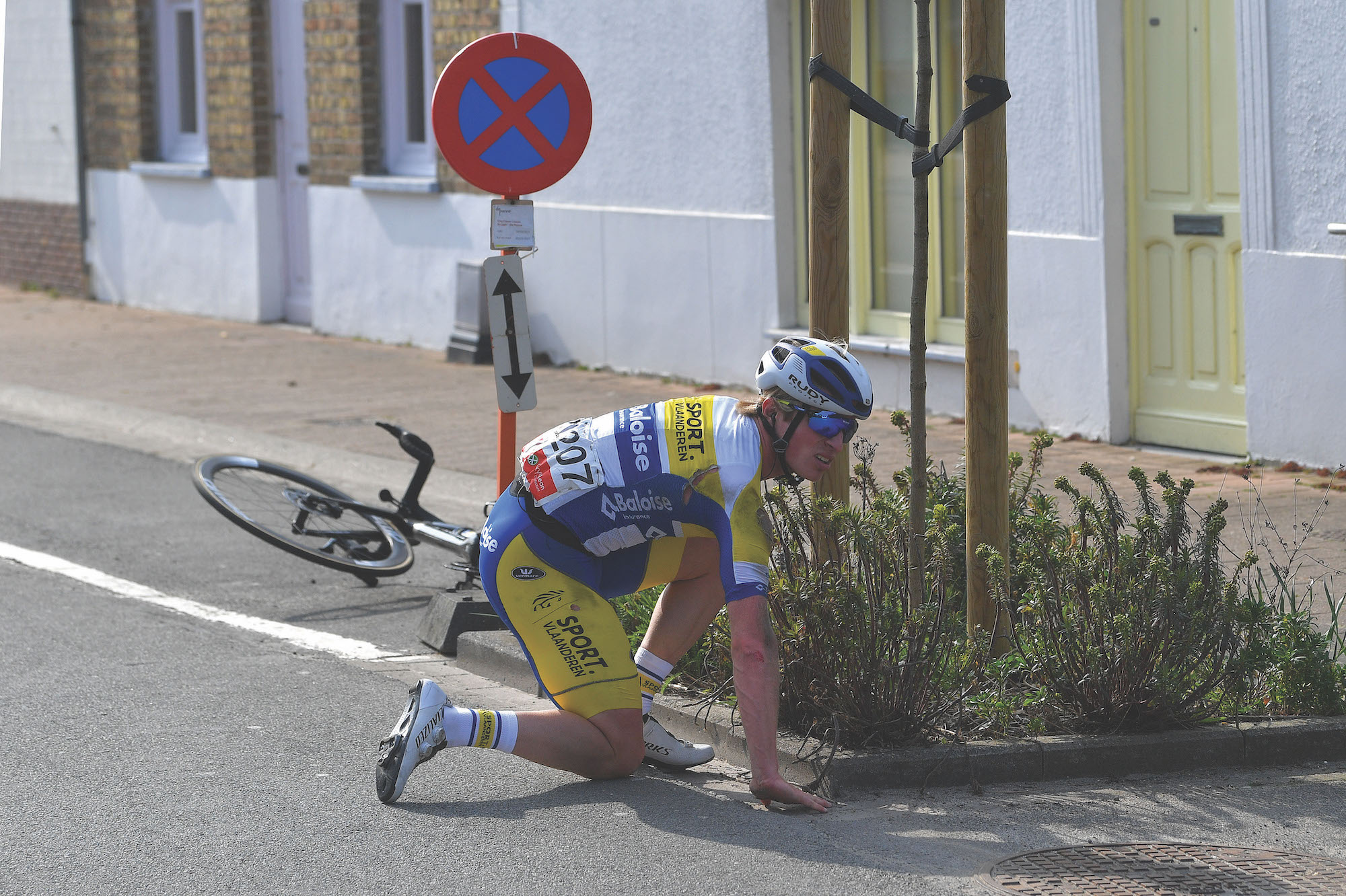
Road furniture is another safety issue
Over 200 male riders have now signed up to the Riders Union, with over 30 nationalities across 30 different teams with the majority of these being at the WorldTour level. Most pay a monthly subscription of €50, top riders pay double, while ProTeam riders pay half. The catalyst for the organisation’s formation came when former pro rider Stef Clement approached Eisenga during the 2020 season. They shared a belief that riders in the men’s peloton weren’t being well represented on an international level.
“If you want to develop the sport, you have to raise the bar for everybody but you also need to have everybody buy into the idea of making things better. The way you do that is involve riders and make them a stakeholder in the sport. It is them who are waking up in the morning, and putting on some Lycra and risking their lives on 25-millimetre tyres.”
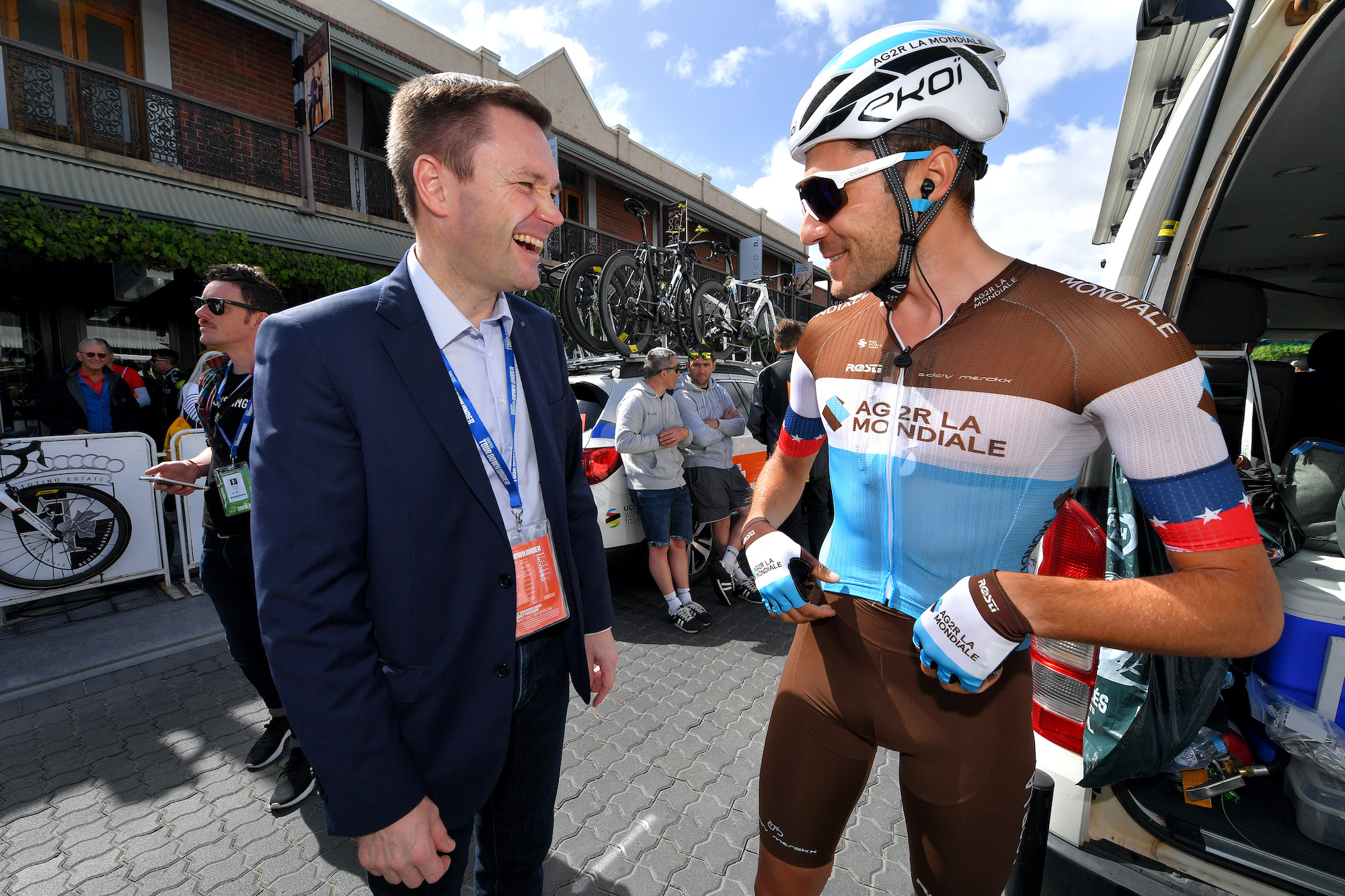
UCI president David Lappartient now has the voice of the unions to consider
The initial steps for Eisenga alongside an elected board containing a range of former pros and sports marketing and management professionals include focusing on improving rider safety and anti-doping measures plus increasing its membership. But, speaking not long after the board’s election in March, he’s reluctant to give any specific details. The most prominent initiative since then has been the launch of the Riders Union app.
The union is clearly on a collision course with the CPA. The #onerideronevote may be a laudable credo but it’s also a clear reference to the 2018 CPA election controversy.
Female alliance
It’s not the only organisation challenging the CPA monopoly. The Cyclists Alliance (TCA) is a union for female riders that was formed in 2018 and has already achieved some benefits for the female pro peloton.
Iris Slappendel, former pro rider and one of the co-founders of TCA alongside ex-riders Gracie Elvin and Carmen Small, believed that the formation of a new women’s specific union was crucial to find an independent voice for women within the sport.
“In 2017, when I had just retired, I sent out a survey that I made together with Marianne Vos, I sent it out to everyone who I met and that we knew and the response to that survey was just huge,” Slappendel says. “What struck me the most was that riders just put in the comments things like, thank you for asking, thank you for reaching out.
“We didn’t even promise anything, we just asked. We just wanted to know, what’s the actual situation across the peloton? Is there a need for a union? Because the response was so big, I think that was, for me at least, the catalyst moment and it felt like, OK, we really need to do this because there is a need for it.”
That survey is now a yearly protocol for TCA. Its recent 2020 edition revealed, encouragingly, a rise in top-end salaries in the Women’s WorldTour. However, 32 per cent of riders earn under the minimum annual salary of €15,000 (no minimum wage applies for Continental teams). Wage disparity is still a major issue in the sport, with 25 per cent of professional riders receiving zero salary in 2020.
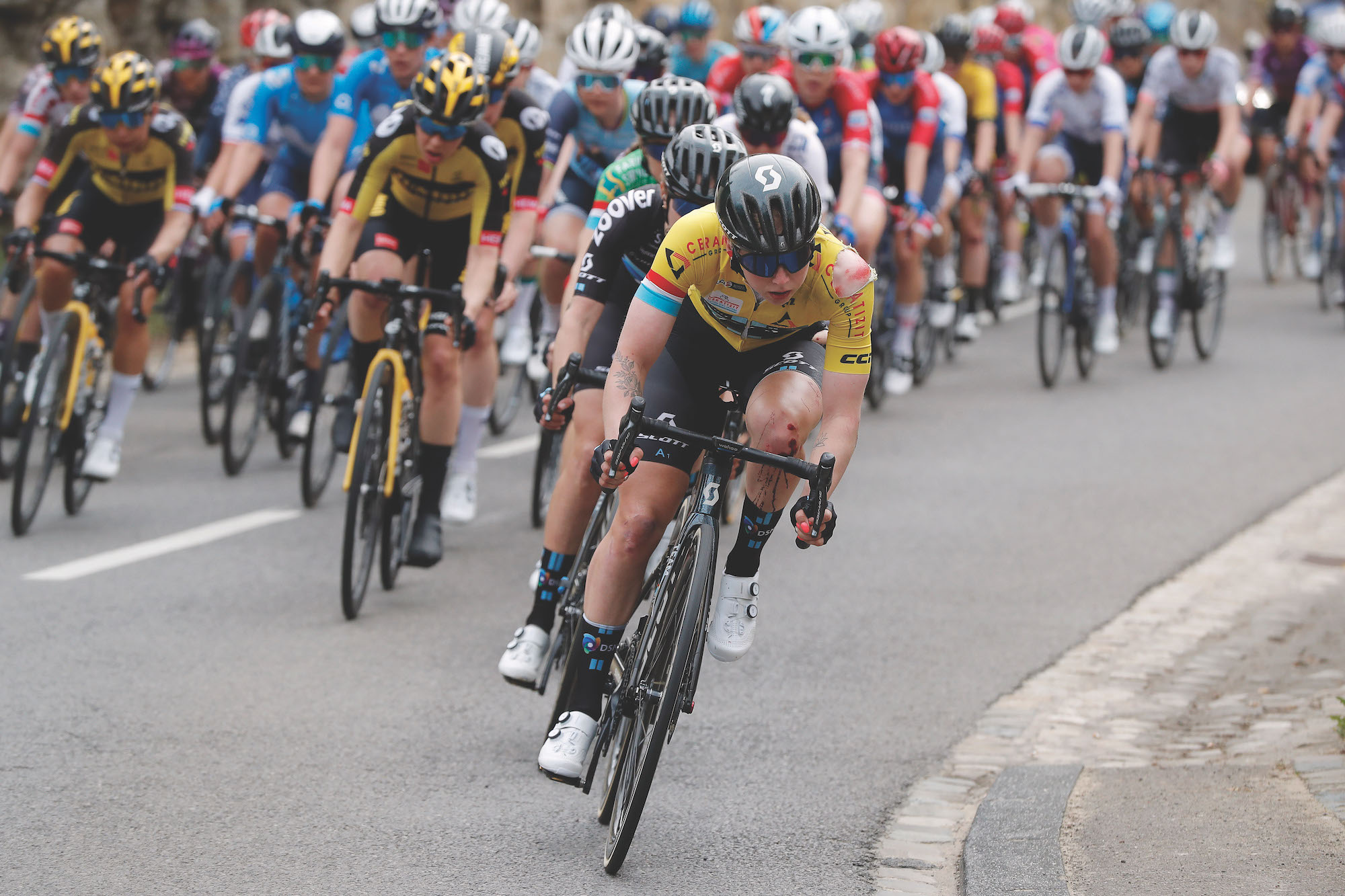
The women’s peloton can now channel a collective view
Separate voice
In the women’s side of the sport the need for a separate rider voice was even more stark than the men’s. The CPA’s remit covers both male and female with differing goals and interests as stated in an explanation on TCA website:
“The CPA was created as an ‘association of associations,’ in which it is the umbrella organisation to represent many other national associations to the UCI and other bodies like the AIGCP teams organisation. By its very composition, the CPA is a mirror image of the traditions in men’s professional cycling – each nation has its own specific interests and definition of its importance in the future of the sport, and so instead of unifying the riders, they are still separated by issues of political power and rivalry.’
In addition, the CPA’s formation in 1999 was ratified by the men’s professional peloton but never voted on by women cyclists. As of today the Women’s CPA is the only union recognised by the UCI despite the membership of TCA dwarfing it. The TCA says that 33 per cent of the women’s peloton is signed up, covering a broad spectrum of seniority.
“We’re here to make the sport better and we’re here to constructively help”
Rhian Ravenscroft, vice director of TCA, is keen to note that the relationship between her organisation and the CPA is not always adversarial: “Because we have a huge number of the peloton on board we feel that we represent women in cycling and we speak for them and we’re quite prepared to stand up and speak on more systemic issues.
“We have liaised with the CPA, we’ll see where we share the same values; it doesn’t necessarily mean that because those issues are out there that we share the same approach, but where there is we do collaborate with them.”
Making the sport better
Eisenga echoes her conciliatory tone when he says: “We’re here to make the sport better, and we’re here to constructively help other parties in the sport to reach that goal.”
Gianni Bugno, president of the CPA, believes that the organisation fully represents the 961 riders associated with the CPA. It’s something which he argues was not necessarily the case a few years ago, and wants riders to show more confidence in the CPA based on what it has helped achieve in recent years.
“The CPA, together with the other cycling families, under the aegis of the UCI, has created, through meetings of various commissions, a solution to be able to compete in maximum safety in a period of the pandemic that I hope will last as little as possible,” he says. “We are in constant contact with the 961 riders, via various social media around race time and throughout the rest of the year.”
Underneath though there seems some fear of the new unions from the establishment. The UCI made donations to the women’s CPA and the men’s CPA’s transition fund for retiring riders late last year, which was interpreted in some corners as an effort to help maintain their primacy.
Whether it’ll work is unclear but finally both the men’s and women’s peloton have options for who speaks for them. Maybe that will encourage a more open and frank exchange of views and push the sport forward. Or maybe it’ll exacerbate the difficulty of the riders to speak as one.
What is clear is the architecture is there for riders to have greater voice in how the sport works. How will they choose to use it?
Going Global: More than a ‘Pro Cyclists’ union
A unique selling point of the Cyclistes Professionels Associés (CPA) is the work
it does throughout the sport, as it also plays a bigger role further down the cycling ladder.
Alessandra Cappellotto, head of the Women’s CPA explains: “We are also helping emerging countries and getting more women on bikes. Our priorities include an increasingly widespread presence in every corner of the planet. If there is a child who wants to ride a bike and dreams of it becoming her job, we want to be there.
“In March we were proud to have contributed to the formation of a women’s race in Kabul. I was recently in Egypt for the African championships; talking to the girls there motivates me to keep working for all the women cyclists in the world.
“We have contributed to the birth of new races, teams and support working women every day who have to cope with the common problems and opportunities of life – from applying for visas to travelling to distant countries to race, to the recognition of maternity leave, to the opportunity to receive discounted services useful to their profession, to education and post-career prospects. No request we have received has ever gone unheeded.”
This feature originally appeared in the print edition of Cycling Weekly, on sale in newsagents and supermarkets, priced £3.25.
You can subscribe through this link here.
That way you’ll never miss an issue.

Thank you for reading 20 articles this month* Join now for unlimited access
Enjoy your first month for just £1 / $1 / €1
*Read 5 free articles per month without a subscription

Join now for unlimited access
Try first month for just £1 / $1 / €1
Paul Knott is a fitness and features writer, who has also presented Cycling Weekly videos as well as contributing to the print magazine as well as online articles. In 2020 he published his first book, The Official Tour de France Road Cycling Training Guide (Welbeck), a guide designed to help readers improve their cycling performance via cherrypicking from the strategies adopted by the pros.
-
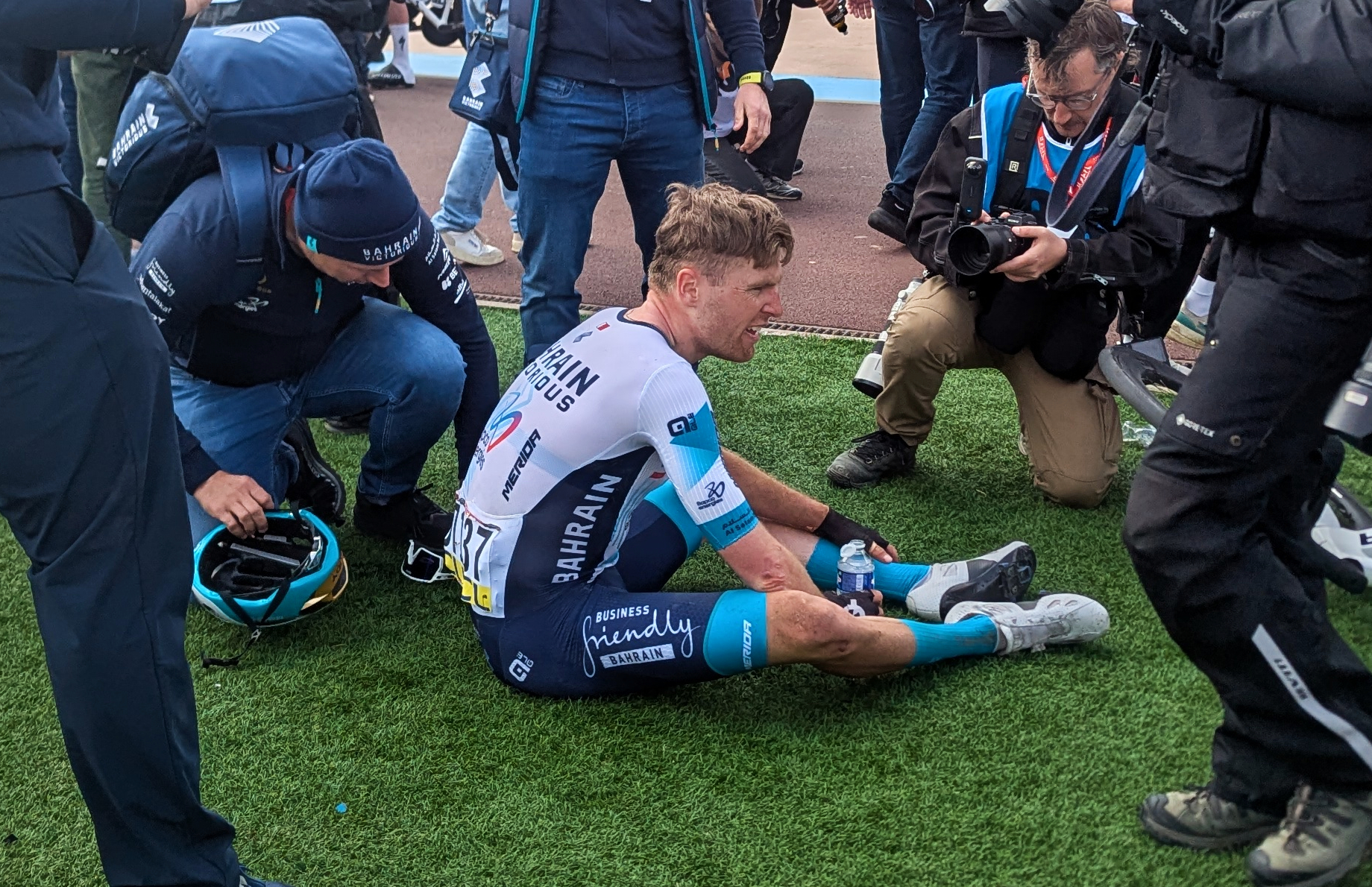 'I'll take a top 10, that's alright in the end' - Fred Wright finishes best of British at Paris-Roubaix
'I'll take a top 10, that's alright in the end' - Fred Wright finishes best of British at Paris-RoubaixBahrain-Victorious rider came back from a mechanical on the Arenberg to place ninth
By Adam Becket Published
-
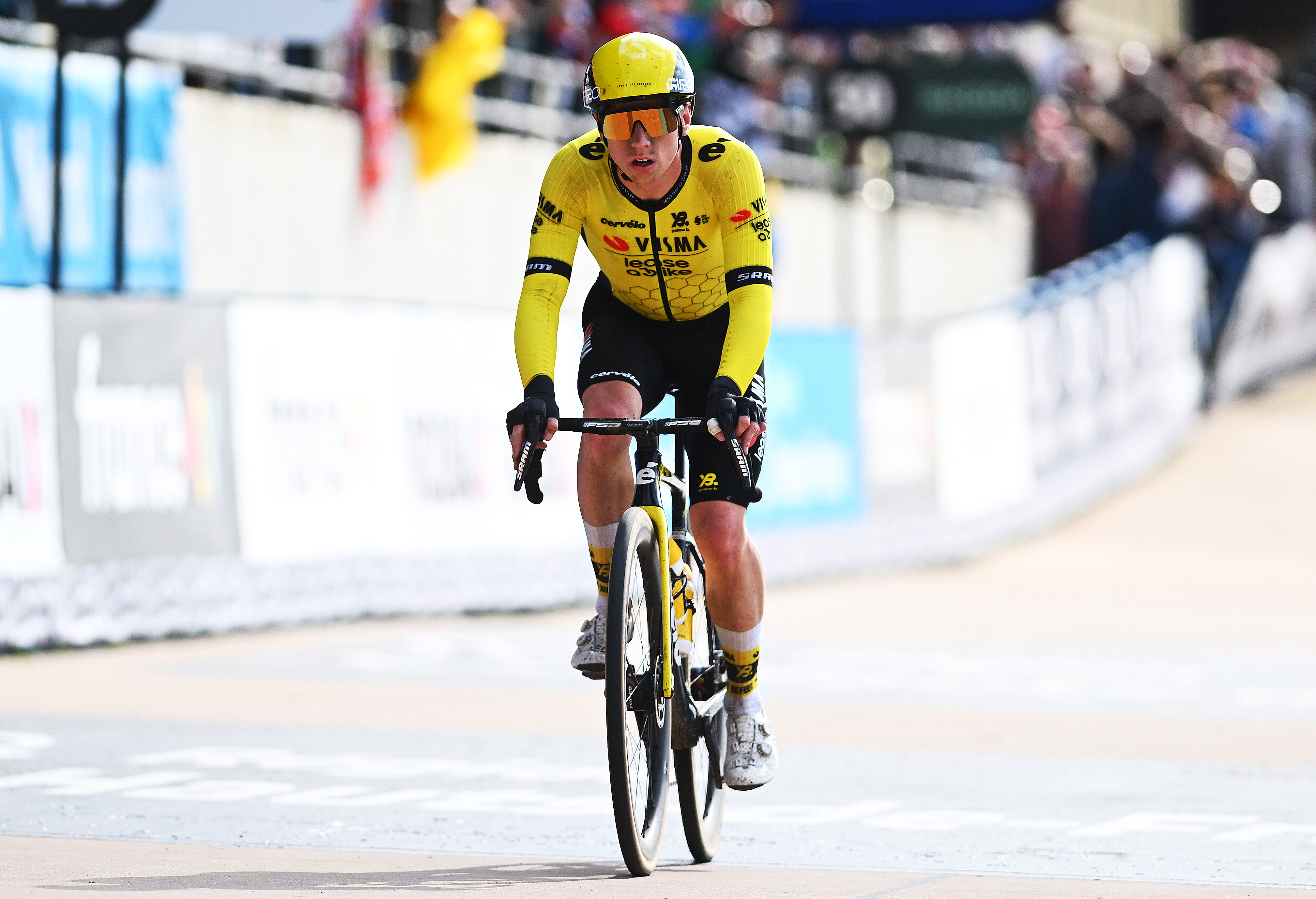 'This is the furthest ride I've actually ever done' - Matthew Brennan lights up Paris-Roubaix at 19 years old
'This is the furthest ride I've actually ever done' - Matthew Brennan lights up Paris-Roubaix at 19 years oldThe day's youngest rider reflects on 'killer' Monument debut
By Tom Davidson Published